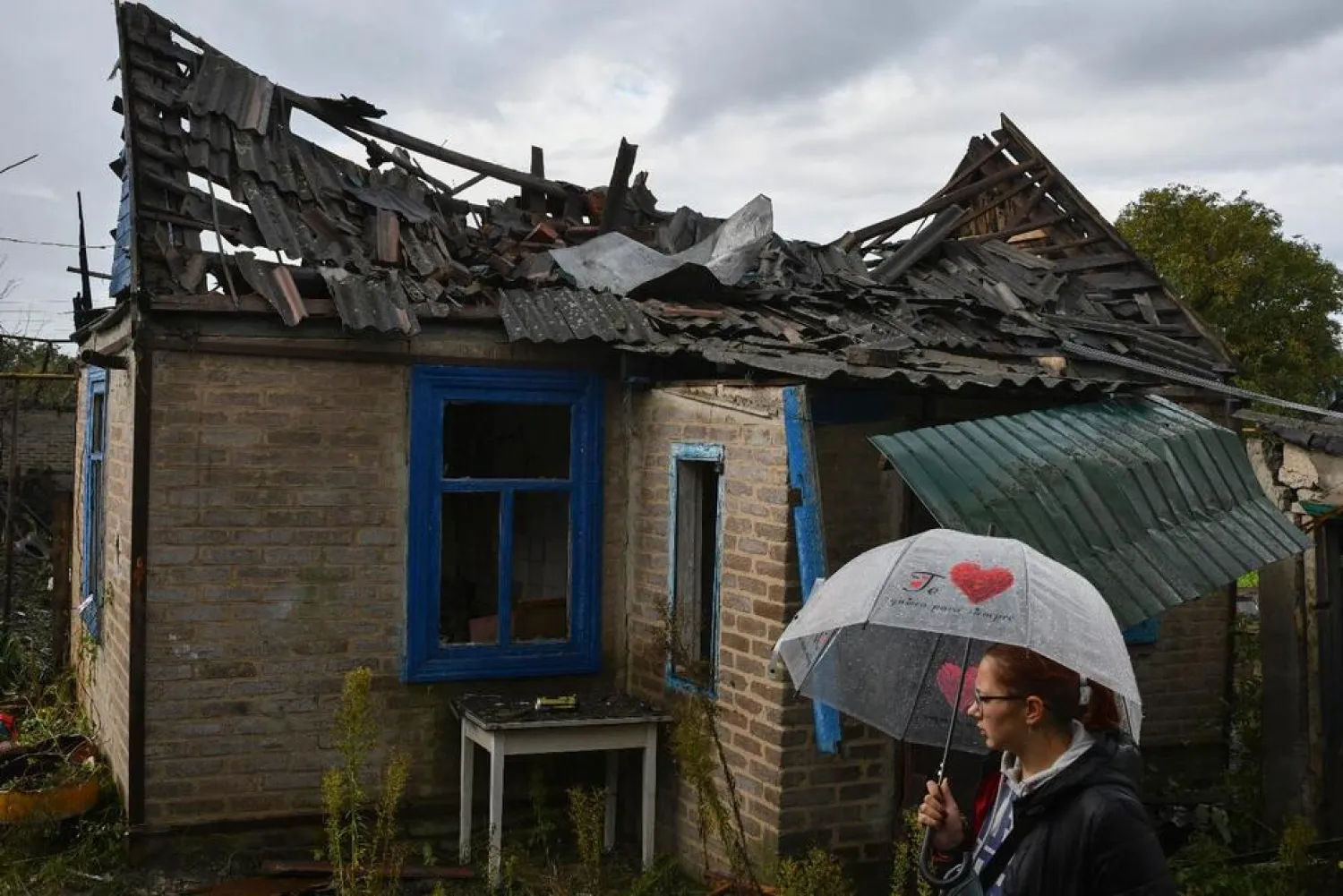Russian President Vladimir Putin has signed laws absorbing four Ukrainian regions into Russia, a move that finalizes the annexation carried out in defiance of international law.
The documents were published on a Russian government website on Wednesday morning.
Earlier this week, both houses of the Russian parliament ratified treaties making the Donetsk, Luhansk, Kherson and Zaporizhzhia regions part of Russia. The formalities followed Kremlin-orchestrated “referendums” in the four regions that Ukraine and the West have rejected as a sham.
The move comes as Moscow's war in Ukraine has entered a new, more dangerous phase. Russia faces mounting setbacks on the battlefield, with Ukrainian forces retaking more and more land in the east and in the south — the very regions Moscow has pushed to annex.
The borders of the territories Russia is claiming still remain unclear, but the Kremlin has vowed to defend Russia's territory — the newly absorbed regions, too — with any means at its disposal, including nuclear weapons.
Ukrainian President Volodymyr Zelenskyy responded to the annexation by announcing a fast-track application to join NATO and formally ruling out talks with Russia. Zelenskyy’s decree, released Tuesday, declares that holding negotiations with Putin has become impossible after his decision to take over the four regions of Ukraine.
On the battlefield on Wednesday morning, multiple explosions rocked Bila Tserkva, setting off fires at what were described as infrastructure facilities in the city to the south of the capital Kyiv, regional leader Oleksiy Kuleba said on Telegram.
Early indications are that the city was attacked by so-called “kamikaze” or suicide drones, he said.
Bila Tserkva is about 80 kilometers (50 miles) south of Kyiv.
Russia has increasingly been using suicide drones in recent weeks, posing a new challenge to Ukrainian defenses. The unmanned vehicles can stay aloft for long periods of time before diving into their targets and detonating their payload at the last moment.
Many of the earlier attacks by the Iranian-made drones happened in the south of the country and not near the capital, which hasn't been targeted for weeks.
In a later post, Kuleba said that a total of six Shahed-136 drones struck the city, one of the largest in the region after Kyiv itself. One person was injured in the attacks.
Dozens of rescue workers were on the scene and still working to extinguish the fires hours after the attacks were reported, he said.
Ukrainian forces, in the meantime, continued to make gains in the south. Kyiv's military said Wednesday they have recaptured more villages in the Kherson region as a part of their massive counteroffensive effort.
Operational Command South said that the Ukrainian flag has been raised above Liubymivka, Khreschenivka, Zolota Balka, Biliaivka, Ukrainka, Velyka and Mala Oleksandrivka villages.









